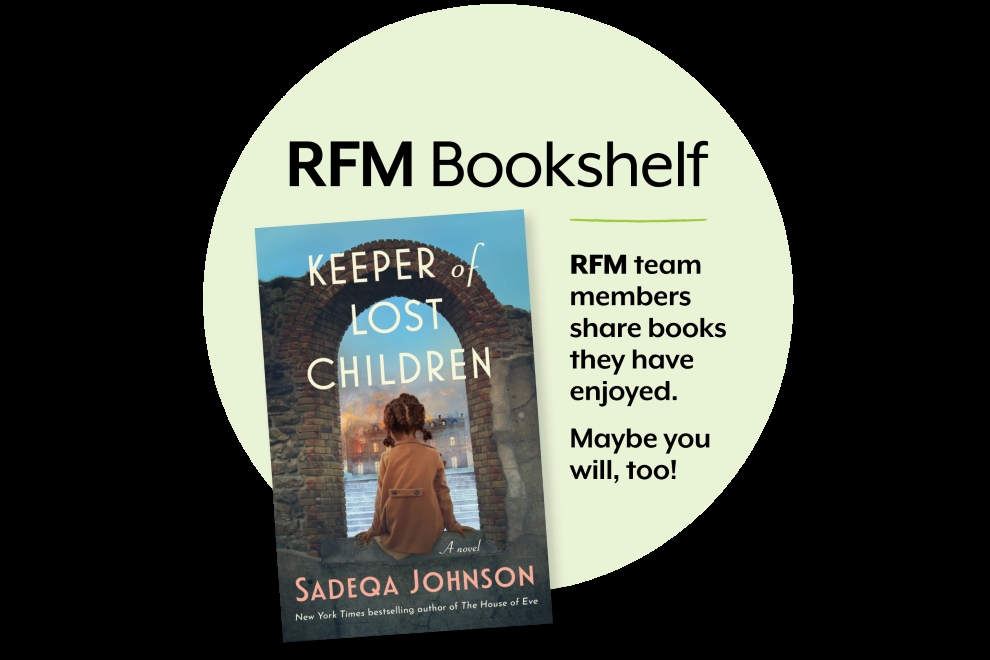According to Robinson and Staeheli, while parents desire a rich, family-centered celebration, they are often at a loss as to how to make it happen. Unplug the Christmas Machine believes you only need four things to give your children what they want for the holidays.
- A relaxed and loving time with the family
- Realistic expectations about gifts
- An evenly paced holiday season
- Reliable family traditions
“What children really want at Christmas – just like at any time of the year but more so during the holiday season – is time with their parents,” Dr. Patricia Love, director of the Austin Family Institute argues. “A parent’s relaxed, freely given attention conveys a simple but profound message ‘You are a priority in my life.’”
Of course, Unplug the Christmas Machine explains that many parents find it more difficult to spend relaxed time with their children this month. Whether it’s from holiday obligations or the overscheduling of “fun” family events, most parents end up too exhausted to “just plain hang-out” together. Robinson and Staeheli suggest you make long-range plans, refusing some social invitations in favor of quality time at home.
Next, help your children set realistic expectations about gifts. “No matter how little money people have, they will always find a way to buy toys for their children. And advertisers learned long ago that it is more effective to target their toy commercials at children than at the parents who ultimately do the buying.” How can you protect your children from this commercialism? Robinson and Staeheli believe an effective way to do so is to watch an hour of television with them, requiring the youngest to point out the commercial when it comes on the screen and the older to count the number throughout a program. Then, talk with your kids about what is being advertised and how the product is made to seem inviting. “Children need the security of knowing that the family, not Madison Avenue, is in control.”
As far as Unplug the Christmas Machine is concerned, it’s easier than most parents think to give their children a more natural holiday season. “All they have to do is hold off on their important family traditions until a few weeks before Christmas, and then reserve a few favorite ones to add joy and meaning to the remaining days of Christmas vacation.” Otherwise, the holiday can become a bit of a let-down. One seven-year-old told the authors, “I have to wait two billion years for Christmas. When it comes, it only lasts a second. Then the whole world is plain again.”
Lastly, children need a celebration full of family traditions. “Many parents underestimate how important traditions are to their children and how many valuable purposes they serve. First of all, traditions give children something to look forward to year after year…Second, traditions enrich each holiday with the memory of all the Christmases that have gone before…Finally, traditions give children great comfort. When many other routines are disrupted by the holiday season, children like to cling to well-defined rituals which give them a welcome sense of order and the security of knowing exactly how the season will unfold.”
Just after Thanksgiving, I’ve started asking my daughters what their favorite present was from the previous Christmas. Usually, they can’t remember what they got, even though there was a pile of presents under the tree. But what they can tell me all about is the fun they had decorating the house, baking cookies, and singing carols. Hearing them say this helps me keep the holidays in perspective so why not give it a try. It might just make it easier to keep your kids from being what Robinson and Staeheil consider passive recipients of your labors to active participants in the gift of joy.
Don’t forget to like Parenting by the Book on Facebook for updates on blog posts.
Also, check out Victoria Winterhalter’s blog, Befriending Forty (http://befriendingforty.blogspot.com), and find out what happens when the person you thought you’d be meets the person you actually became.



